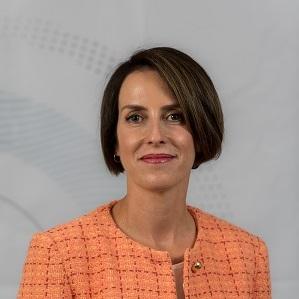HEALTH EQUITY
Dramatic developments in the field of medicine, and extensive knowledge acquired in disease prevention and treatment, have improved peoples quality life significantly. This, however, is not true for all
Social and economic disparities, between the center and the periphery, and among various sectors and groups, affect accessibility to information and medical treatment, and the ability to act in accordance with medical recommendations. Health Equity means an equal opportunity for everyone to realize his or her full health potential. Dr. Sivan Spitzer and her team at the Azrieli Faculty of Medicine, are working on reducing health inequities to improve the lives of individuals.
Health Equity requires understanding the interwoven impact of cultural, gender, socio-economic and geographic determinants on health and health care. As gaps persist and expand, new approaches are required to tackle the challenge of health equity. Dr. Sivan Spitzer and her team use implementation science and organizational change theories to diagnose the existing disparities, design new models for interventions, implement these models, and evaluate the extent to which health inequity reduction was achieved.
To undertake the challenge of health equity, Real World studies are needed to move from theory to action. Working together with partners from health care, education, local governments, and community organizations, Dr. Sivan Spitzer’s activities focus on three main pillars: (1) theoretical research, (2) implementation research, and (3) medical education and innovative health equity training for future doctors.
“Current research is lacking in terms of understanding the facilitators and barriers to implementation of organization-wide equity initiatives and how organizational mechanisms may help reduce inequities in care. The studies my team and I conduct address current gaps in knowledge and examine the subject of health inequity in various sectors and organizations.”
 Dr. Sivan Spitzer
Dr. Sivan Spitzer